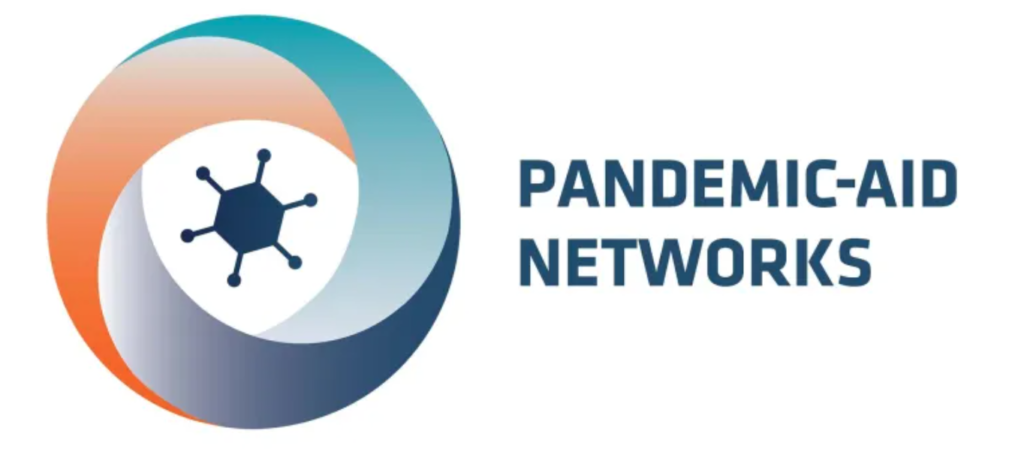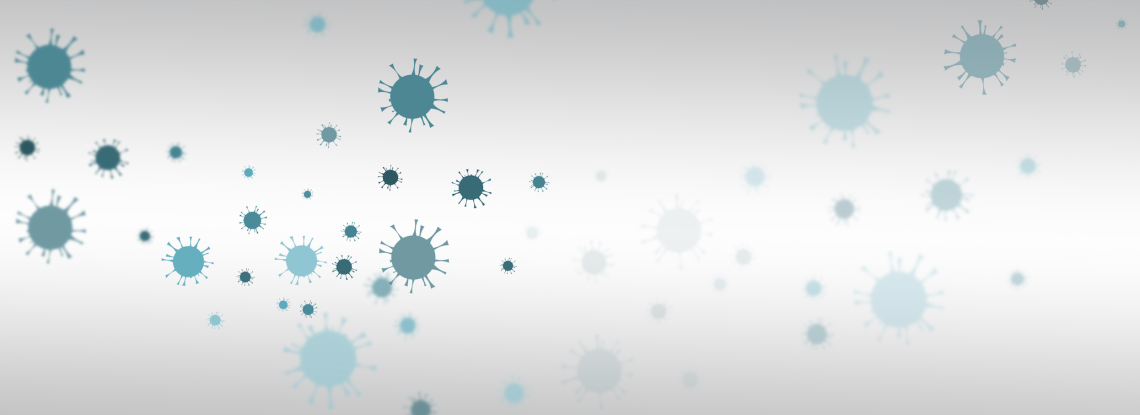
Pandemic-Aid Networks is an umbrella platform for COVID-19 advocacy groups, Long Covid groups and other COVID-focused groups and organizations across the globe.
The network is a grassroots effort that was started by Vicky van der Togt in October 2020. Vicky was one of the first Long Covid patients advocating for Long Covid recognition, research and rehabilitation. After a couple of months of national (Dutch) advocacy work, she saw a range of COVID-focused advocacy groups appear in other countries toward the end of 2020. As these groups were all sharing the same message, Vicky figured that they could be a lot more effective if these groups would band together and help each other where possible. To facilitate this, she started an ‘umbrella platform’ for COVID-19 advocacy groups, and helped them get in touch with each other and other individuals that could help their cause.
In 2021, after already working closely together with Dr. Jeremy Rossman for months, the network officially partnered with Research-Aid Networks to increase their ability to provide supporting services to COVID-focused groups around the world.
The network consists of:
– Scientists & researchers
– Patients & patient advocates
– Medical professionals
– Community organizers
– Business owners
– Teachers
– Parents
– Students
– Caring citizens
What we do:
We develop effective, community-based solutions that support COVID-focused groups and organizations in their efforts to stop virus transmission and support individuals, families, patients and communities throughout the pandemic. We do so through education on best practices, making the newest scientific information accessible to the general public, providing mental support to advocates and other individuals and enabling and/or supporting direct action (for example: providing face coverings to communities in need, or running testing centers at events).
We offer:
– Guidelines for policymakers, businesses, and individuals
– Advocacy, guidance, and recommendations
– Support services for COVID-focused organizations
About Pandemic-Aid Networks and the work of its partners
Even though it was clear from the start of this pandemic that we all needed to work together to stop the spread of the coronavirus, the necessary collaboration between countries and continents that was needed to properly understand and anticipate the fast-changing situation had been sorely lacking. To the Pandemic-Aid Networks team as well as all its partners it’s always been clear that the social, economic and cultural effects of the pandemic will cast a long shadow into the future, and we must all do our part to minimize and provide solutions for these effects wherever possible. COVID-19 has uncovered many injustices within society and the sooner we understand and unpack that, the sooner we can start working on repairing these injustices.
While some may think that Pandemic-Aid Networks, formerly known as Zero Covid Alliance, is only about advocating for a change of strategy, nothing could be further from the truth. Our partners cover a variety of topics and approaches, and a change of strategy is only one of them. Some work on trying to inspire top-down policy changes, while others work on the community level, for example by providing information and support to those communities that are harder to reach and/or don’t have the opportunity to get tested.
We support Long Covid patients in multiple countries and help them raise awareness and advocate for treatment options as well as initiate research into this debilitating disease. We believe Long Covid is a true health crisis that has been largely overlooked and/or dismissed in many countries around the world for a long time now. Our Long Covid partners, such as Long Covid Kids and Asociación Covid Persistente España, work tirelessly to help those affected in their own countries, but also continuously think of new ways to reach and support patients in countries that lack a proper support system, both medically as well as financially.
This pandemic also laid bare serious shortcomings within the educational system. Parents around the world have been pressured to send their children to unsafe schools, because the necessary measures to protect children, their teachers and parents from COVID-19 infection weren’t implemented (in time, or at all). Their right to choose what level of risk they found acceptable for their kids was taken from them, and in some countries, parents were prosecuted by the state for trying to keep their children safe from infection.
Because of this, parents have banded together to advocate for proper safety measures in schools. We have supported 13 school groups from all over the world in their goal to provide a safe learning environment for children, both during the pandemic and after. Some of these groups work directly with governments on improving guidelines, while others have focused on improving situations in schools on a local level, by providing accessible information, implementing a robust testing system and improving air quality by installing air filtration systems and CO2 monitors.
Some of our partners, such as Zero Covid DACh and Europe, a patient put a focus on global solidarity and responsibility, both during the pandemic and after, to enable an equitable recovery. They’ve campaigned for the waiver of intellectual property rights on the COVID-19 vaccines and the sharing of
mRNA vaccine technology under non-exclusive licenses to enable the expansion of vaccine production around the world. This is only one part of their work that focuses on a solidary approach to this pandemic. Pandemic-Aid Networks is supporting their partner organizations in all of their activities, from Covid responses to community support & recovery, because we live by the following motto:
A small team with a goal bigger than themselves can achieve just about anything
The evidence of this is clear to see. Although many of the individuals we work with had never done a day of advocacy work in their lives before the pandemic, over the last couple of years they’ve grown into true community leaders. We couldn’t be prouder of the work that they’ve done and are happy we could support them in their efforts and encourage them to stand up for what is right.


